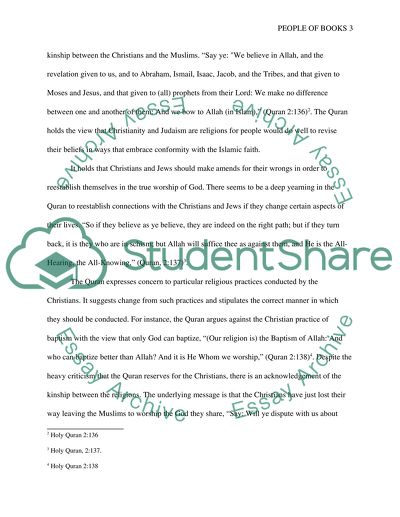Cite this document
(“The People of the Book Research Paper Example | Topics and Well Written Essays - 1750 words”, n.d.)
The People of the Book Research Paper Example | Topics and Well Written Essays - 1750 words. Retrieved from https://studentshare.org/religion-and-theology/1459758-the-people-of-the-book
The People of the Book Research Paper Example | Topics and Well Written Essays - 1750 words. Retrieved from https://studentshare.org/religion-and-theology/1459758-the-people-of-the-book
(The People of the Book Research Paper Example | Topics and Well Written Essays - 1750 Words)
The People of the Book Research Paper Example | Topics and Well Written Essays - 1750 Words. https://studentshare.org/religion-and-theology/1459758-the-people-of-the-book.
The People of the Book Research Paper Example | Topics and Well Written Essays - 1750 Words. https://studentshare.org/religion-and-theology/1459758-the-people-of-the-book.
“The People of the Book Research Paper Example | Topics and Well Written Essays - 1750 Words”, n.d. https://studentshare.org/religion-and-theology/1459758-the-people-of-the-book.


